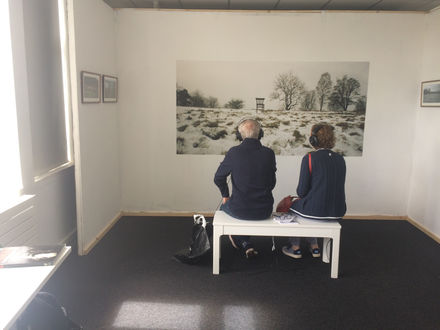The Empty Chair
When we hear the word ‘genocide’ we often think of historic events that took place between 1941 – 1945 in Nazi Germany; whereas we often don’t discuss the prior and post world war. These events took place across the globe and affected a variety of people, changing lives forever in immeasurable ways.
Genocide:
“Intent to destroy, in whole or in part, a national, ethnical, racial or religious group”
- Raphael Lemkin
In Jewish culture, it was traditional to have an empty chair by a table to symbolise the lives lost in the holocaust, and to have the chair filled by another Jewish person to celebrate Jewishness.
The Empty Chair is now used as a symbol of strength and resilience but to also remember the lives lost. It is also an invitation to contemplate tragedies of yesterday, and reflect upon the people who are no longer with us because of genocides.
In a modern world filled with division, where we see groups under threat in ways that emulate those of the past, it is vital that we never let our society fall back into the ways of old.
Holocaust Memorial Day was set up to bring people together from a variety of cultures to learn lessons from the past. Thousands of activities take place in the UK on the 27th January to honour the people affected by genocides, in the hope for a better future. Booklets are available for more information
Please take a moment to listen to “No More Genocide” performed by Jean Paul Samputu, followed by voices kindly donated by people who wanted to take part in this project to carry on the message.










